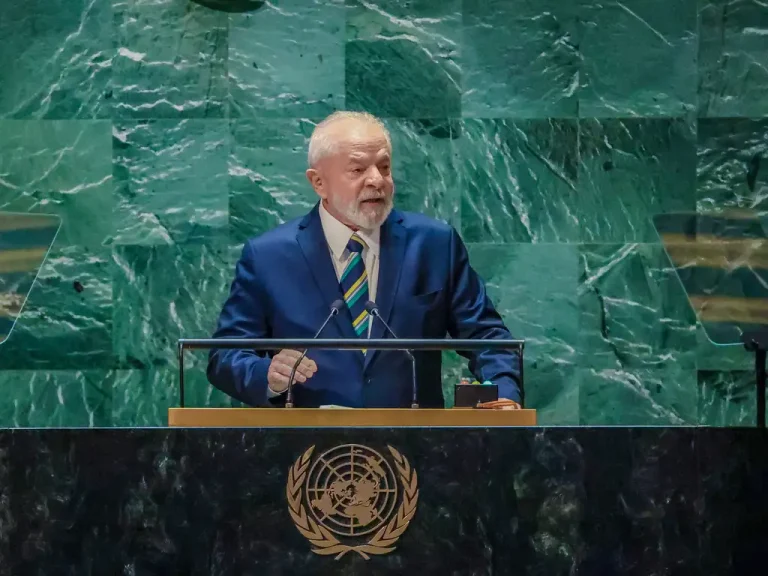São Paulo – In the course of 2023, Brazil paid BRL 4.6 billion (USD 934 million) to international organizations. Brazil’s Ministry of Foreign Affairs and Ministry of Planning and Budget reported in a statement that the debts were settled over the year and that Brazil has safeguarded once more its voting right in various organizations.
Furthermore, a change in this year’s budget that is yet to be approved by President Luiz Inácio Lula da Silva determines that these payments should be labeled as mandatory, thus preventing them to be cut. They are currently labeled as discretionary.
As per the statement, by the end of the year BRL 289 million (USD 59 million) were paid to the regular budget of the United Nations and over BRL 1.1 billion (USD 223 million) in liabilities relating to U.N. peace missions. This settlement joins others undertaken over the year that allowed Brazil to retake its voting right in organizations like the International Organization for Migration (IOM), the Comprehensive Nuclear-Test-Ban Treaty (CTBTO), the International Atomic Energy Agency (IAEA), the International Criminal Court (ICC), and the Organization for the Prohibition of Chemical Weapons (OPCW).
“The country has settled important debts in environment and climate change, including contributions relating to the United Nations Framework Convention on Climate Change (UNFCCC) and the Kyoto Protocol, which is particularly important in the light of the selection of Belém as the host city of the COP30 in 2025,” reported the statement, that went on to mention the payment of liabilities relating to conventions on biological diversity (CDB), persistent organic pollutants (Stockholm Convention), and mercury (Minamata Convention).
Other debts were settled with the Organization of American States (OAS), World Trade Organization (WTO), U.N. culture agency UNESCO, International Labor Organization (ILO), World Health Organization (WHO), and U.N. Food and Agriculture Organization (FAO), as well as BRL 500 million (USD 101 million) relating to the regularization of contributions to the Structural Convergence Fund for MERCORSUR (FOCEM), among other institutions.
“This compliance situation that results from a joint effort of the Ministry of Foreign Affairs and the Ministry of Planning and Budget, as well as other federal agencies, strengthens the image of Brazil on the global and regional stage, reinforces its commitment to multilateralism and bolsters its diplomatic action capabilities for the interests of the nation and the principles that guide the Brazilian foreign policy,” says the statement.
Translation by Guilherme Miranda




